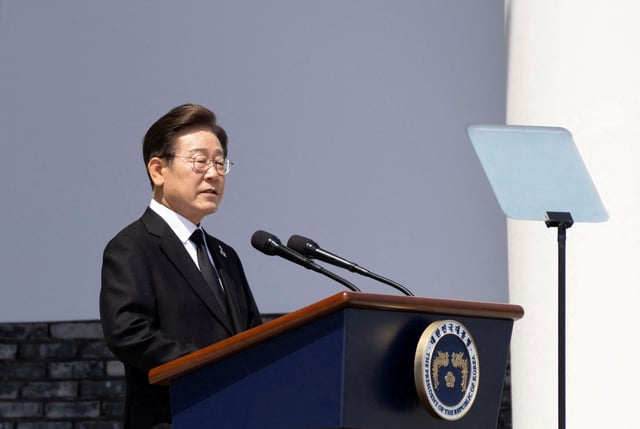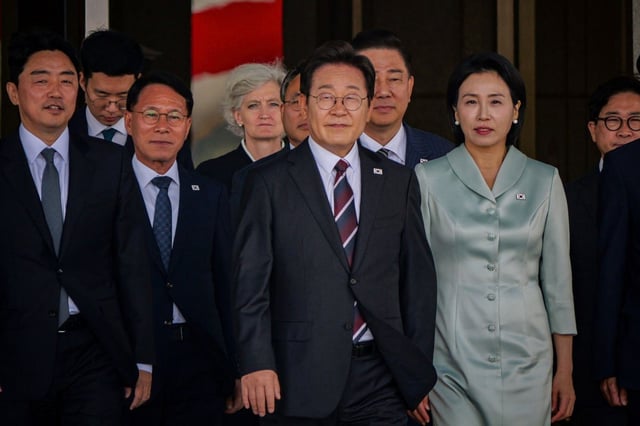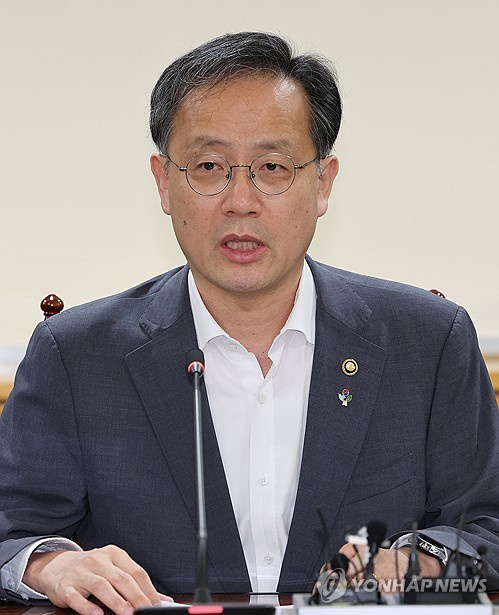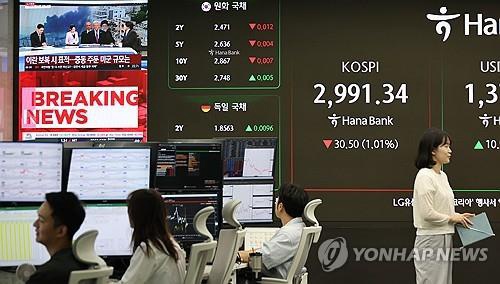Overview
- President Trump said U.S. forces conducted precision strikes on three Iranian nuclear facilities over the weekend, escalating tensions in the Middle East.
- Iran’s parliament voted to close the Strait of Hormuz, raising concerns about potential disruptions to a fifth of global oil shipments.
- Oil prices surged 2–3% to five-month highs and key Asian stock indexes fell as investors weighed the risk of Iranian retaliation.
- The government extended a 10% gasoline and 15% diesel and LPG fuel tax cut through August to shield consumers from rising energy costs.
- President Lee Jae Myung called the situation very urgent and ordered preparations for emergency economic measures and an extra budget if needed.



